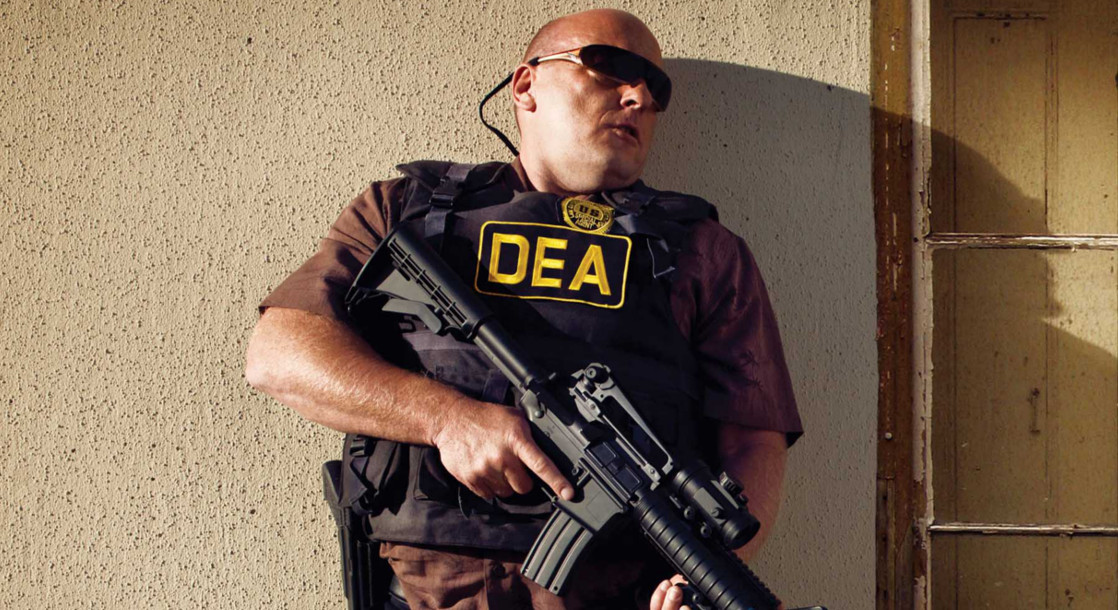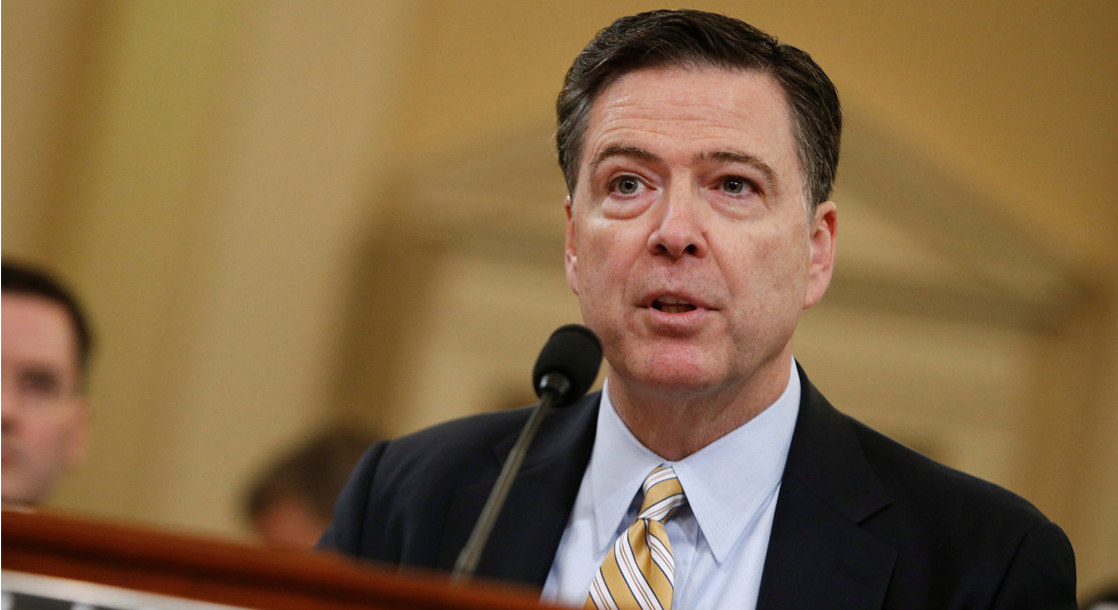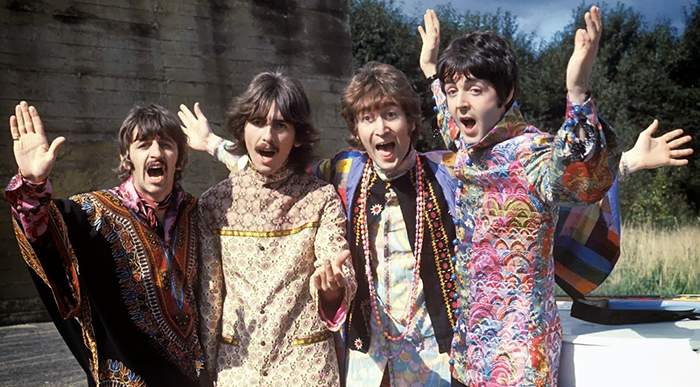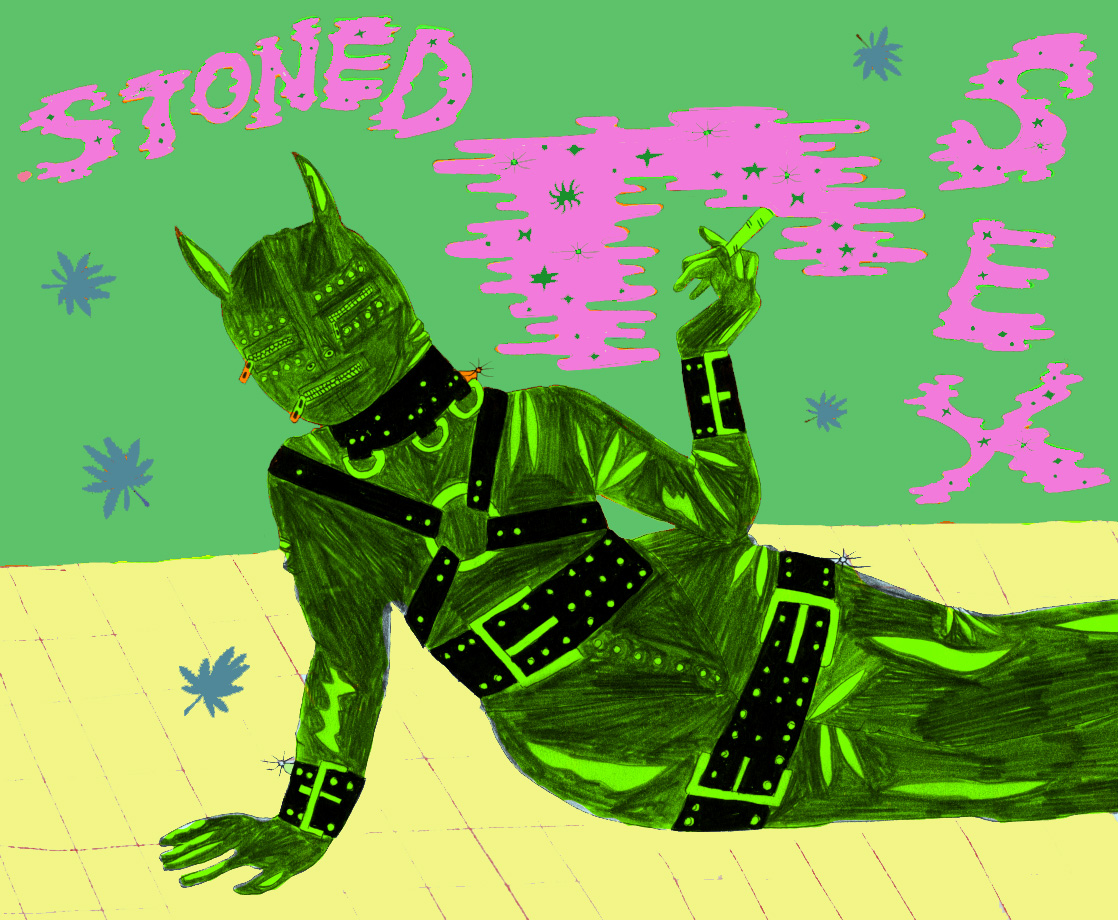Although federal officials like to blame marijuana legalization for interstate drug trafficking rings, these types of operations actually prove that prohibition is, and always has been, a misguided policy.
Over the weekend, the Indianapolis Metropolitan Police Department, along with the U.S. Drug Enforcement Administration, reportedly tore down an illegal marijuana operation worth millions of dollars. The indictment, according to the Indy Star, suggests that six Indianapolis-area residents spent the last two years smuggling marijuana from California into Hoosier territory.
Along with 280 pounds of “high-grade” marijuana, U.S. Attorney Josh Minkler said that police seized 181 guns, 21 vehicles, nearly $20,000 in jewelry and a whopping $4.5 million in cash.
The bust comes just days after the DEA and a number of law enforcement agencies spanning five states took down what Colorado Attorney General Cynthia Coffman called the largest illegal marijuana trafficking bust in state history. The state’s leading legal hammer said the “case is a prime example that the black market for marijuana has not gone away since recreational marijuana was legalized in our state,” suggesting that these types of criminal dealings would be less likely to happen under prohibition.
U.S. Attorney General Jeff Sessions, too, believes these illegal operations are the result of marijuana being legalized in some states.
Earlier this year, Sessions told reporters that the presence of violent, interstate drug trafficking operations was the blatant result of states like Colorado experimenting with legal weed.
“Experts are telling me there’s more violence around marijuana than one would think and there’s big money involved,” he said.
But it is not marijuana legalization that is causing an uprising in interstate drug trafficking — it is prohibition in other parts of the nation.
There are simply too many conflicting laws regarding the cultivation, possession and sale of marijuana in the United States, which opens up the national arena to a multitude of complex, and sometimes criminal situations. However, as we have learned from the days of alcohol prohibition, it is the illegality of a product that attracts criminal elements, not the other way around. After all, there isn’t much demand on the black market these days for beer.
Therefore, the only way to truly combat illegal marijuana operations in this country is for the federal government to start handling the substance in a manner similar to booze and tobacco.
“The only real solution for ending the so-called “black market” in marijuana is complete legalization in all 50 states with a minimum of taxation and regulation,” national marijuana advocate Russ Belville wrote in a recent column for High Times. “Aside from Pine Ridge, there’s not much of an unregulated beer market in America, because every adult who wants it can get it cheaply and easily just about anytime anywhere.”











